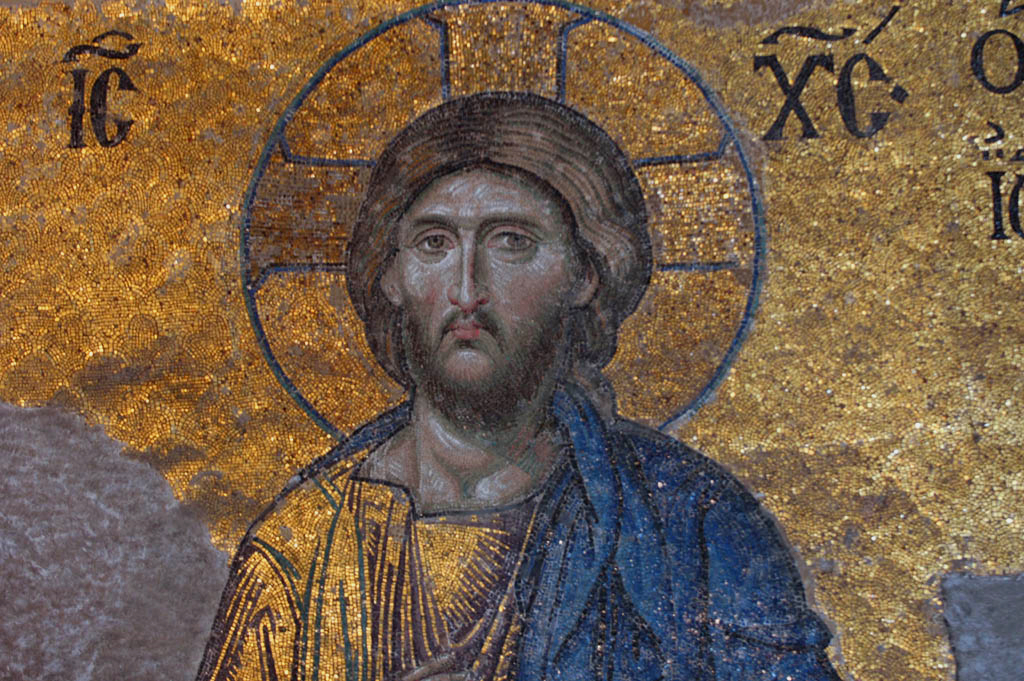
Christ the King Sunday
Sermon by Reverend Matt Harbage
Sunday 22nd Nov 2020
Readings:
Matt 25.31-end Eph. 1.15-end
Today the Church celebrates Jesus Christ as King.
King over all creation. King over all peoples. My king, and your king. A Lord who has conquered death itself.
And yet this king is a king who was spat at and wears a crown of thorns and didn’t retaliate. This king rules the incredible upside-down kingdom of God and we first might need to adjust our understanding of power and authority to wrap our heads around his Kingship.
Our ideas of kingship are sometimes unhelpfully skewed because human power and authority can mislead us: If we think of world leaders today, presidents and politicians, we might think kingship is about ego; hiring people who agree with us and firing those who don’t; pushing our own agenda for our friends and having the freedom to say and do whatever we want. This is the opposite kind of leadership which Jesus has over our world. His Kingship is the upside-down logic of God: where all are welcome, the meek are blessed, the poor are fed and the homeless find home.
In the parable before us, the sheep and the goats, Jesus is depicted sitting on his throne and judging the nations –honouring those who care for the hungry, the stranger – that is the refugee and migrant, the naked, and the imprisoned. The king of all creation, identifies with these people and declares,
“just as you did it to one of the least of these who are members of my family, you did it to me.”
Some may wonder who exactly Jesus is identifying with. Does he mean we should have special care for those who are part of the Christian family who are in need, or does he mean universally – that all those in need are part of his family?
I suspect if we were to ask Jesus whether we should limit our compassion, he might with a smile retell the parable of the Good Samaritan: The emphasis must be on those in need, regardless of faith or creed.
Our King Jesus stands with those who are most excluded, and with us when we are most desperate. What a king this is.
This is Jesus who lived a poor life in a quiet backwater in the countryside of Judea and yet whose Church conquered the Roman Empire – and continues to win hearts and minds across the globe today.
Napolean Boanapart, the military tactician looked back over his years of conquest and is reported to have said, “Alexander, Caeser, Charlamain and I have built great empires. But upon what did they depend? They depended on force. But centuries ago, Jesus started an empire which was built on love. And even to this day millions will die for him”
That’s our King. The Lord of Heaven and Earth who, through the power of God, has authority over every atom, every grain of sand and every heart beat and every destiny. As our epistle puts it: Jesus is “far above all rule and authority and power and dominion, and above every name that is named, not only in this age but also in the age to come”
And it is this King who, as he walked about amongst us, didn’t insist people rolled out the red carpet. Didn’t order people to follow him. Didn’t stop the nails piercing his flesh. Didn’t call down fire from heaven to slay his enemies. This is the king who showed perfect love and invites us to participate in his upside-down kingdom too.
So how do we get involved? That’s not just a question for a single sermon, that’s the question for a lifetime. I believe it’s the key question for the whole church:
“How do I get involved in what God is doing in the here and now?”
Where is God at work in my career, in my family, in my friendships. In how I spend my money, my time, my energy.
That is the question which I want to drive my entire life – and I cannot claim to have answered it fully. Not even by half.
This coming week we’re launching our yearly Stewardship campaign. I understand that for a long time St Paul’s church has put out these letters, to ask each member of the community to prayerfully reflect on how each of us is called to be involved in the work of God through his local church.
It might be through financial giving, a way to honour God for all the material things he gives us.
It might be through offering time and talents – and I am blessed to have seen a lot of that since March.
It’s my hope that the Stewardship form will provide a way for each of us to contemplate that question: “How do I get involved in what God is doing in the here and now?”
It’s that question which led me towards ordination, as I felt God pull me towards celebrating the sacraments and leading others in prayer and worship. And I wonder if there are others in our community who sense that call to ordination too.
To conclude, I want to give the last word to Dr. Shadrach Meshach Lockridge – a powerful preacher who does a better job than I can, of describing our King: Click HERE to listen to: THAT’S MY KING by S. M. Lockridge)
AMEN
Recent Comments